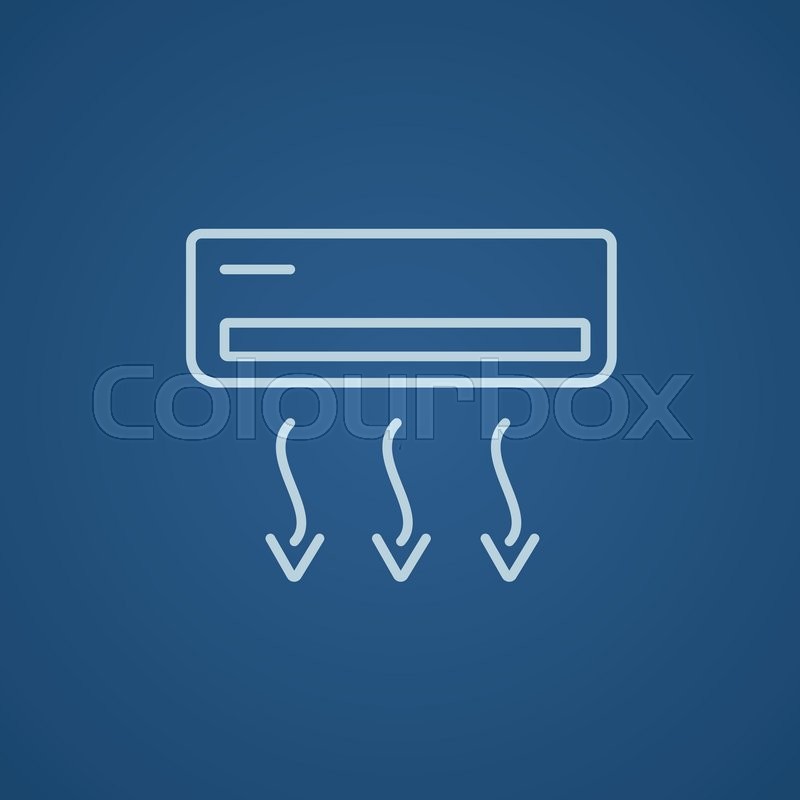When it involves your heatpump, the weather can be a quiet influencer, shaping its performance in ways you might not have considered. From freezing temperature levels to scorching warm, each element has an one-of-a-kind effect on just how efficiently your heat pump runs. However fret not, there are steps you can take to ensure your system is running at its best no matter the weather conditions. So, what can you do to adjust and maximize your heat pump's efficiency? Allow's check out the subtle dancing between weather and your heat pump's efficiency.
Impact of Weather Condition on Heatpump Efficiency
When it comes to the effectiveness of your heat pump, climate plays an essential role. The efficiency of your heatpump can be significantly impacted by numerous weather conditions.
For instance, during chillier months, when temperature levels go down below freezing, your heat pump has to function tougher to remove heat from the outside air. This can lead to decreased efficiency and boosted energy consumption.
In a similar way, in exceptionally heat, your heatpump might struggle to successfully cool your home, once again affecting its performance.
In addition to temperature, humidity degrees can likewise influence just how well your heatpump operates. High moisture can make it harder for your heatpump to remove dampness from the air, reducing its overall effectiveness. On the other hand, reduced moisture levels can cause your heatpump to function harder to preserve a comfortable temperature inside your home.
Recognizing just how weather condition impacts your heat pump's performance can aid you make notified decisions regarding its upkeep and operation. By understanding these variables, you can take steps to optimize your heat pump's efficiency and ensure it runs at its ideal regardless of the climate condition.
Tips to Optimize Heatpump Efficiency
To boost your heat pump's effectiveness and efficiency, applying a few key techniques can make a substantial distinction.
Initially, ensure correct airflow by routinely cleaning or replacing air filters. Blocked filters restrict airflow, forcing the system to work more challenging.
Second of all, timetable yearly expert upkeep to maintain your heatpump running smoothly. Technicians can determine and repair any issues before they intensify, improving overall performance.
Furthermore, consider installing visit this weblink to control your home's temperature effectively. This permits you to change setups based upon your routine, avoiding unneeded energy intake.
Additionally, seal any type of spaces or leaks in your house's ductwork to avoid warmth loss and ensure optimum air movement.
Finally, maintain visit the following site around your heatpump free from debris and greenery to keep unrestricted airflow.
Weather Factors To Consider for Heatpump Maintenance
Thinking about the impact of weather condition on your heatpump's efficiency is crucial for effective maintenance. Severe temperatures can stress your heat pump, resulting in deterioration on its components.
During hot weather, make certain appropriate air flow around the outdoor system by removing particles and plants. In cooler temperatures, regularly defrost the device to stop ice buildup. Hefty rainfall and tornados can cause flooding, so raise the unit ideally or mount a protective cover. Additionally, strong winds can flex fins and affect the heatpump's effectiveness, so inspect and align them as required.
Frequently check for any type of particles stuck in the system and remove it immediately. Conduct upkeep checks after severe climate occasions to examine any kind of damages and guarantee every little thing is functioning correctly. By remaining attentive and dealing with weather-related issues immediately, you can prolong the life of your heatpump and keep its effectiveness.
Verdict
In conclusion, comprehending just how climate influences your heat pump efficiency is vital to maximizing its effectiveness. By complying with basic actions like regular upkeep, filter cleaning, and proper airflow, you can ensure your heatpump runs at its best in any type of weather condition. Do not allow the elements hinder your system's efficiency - take control and maintain your home comfy year-round.
